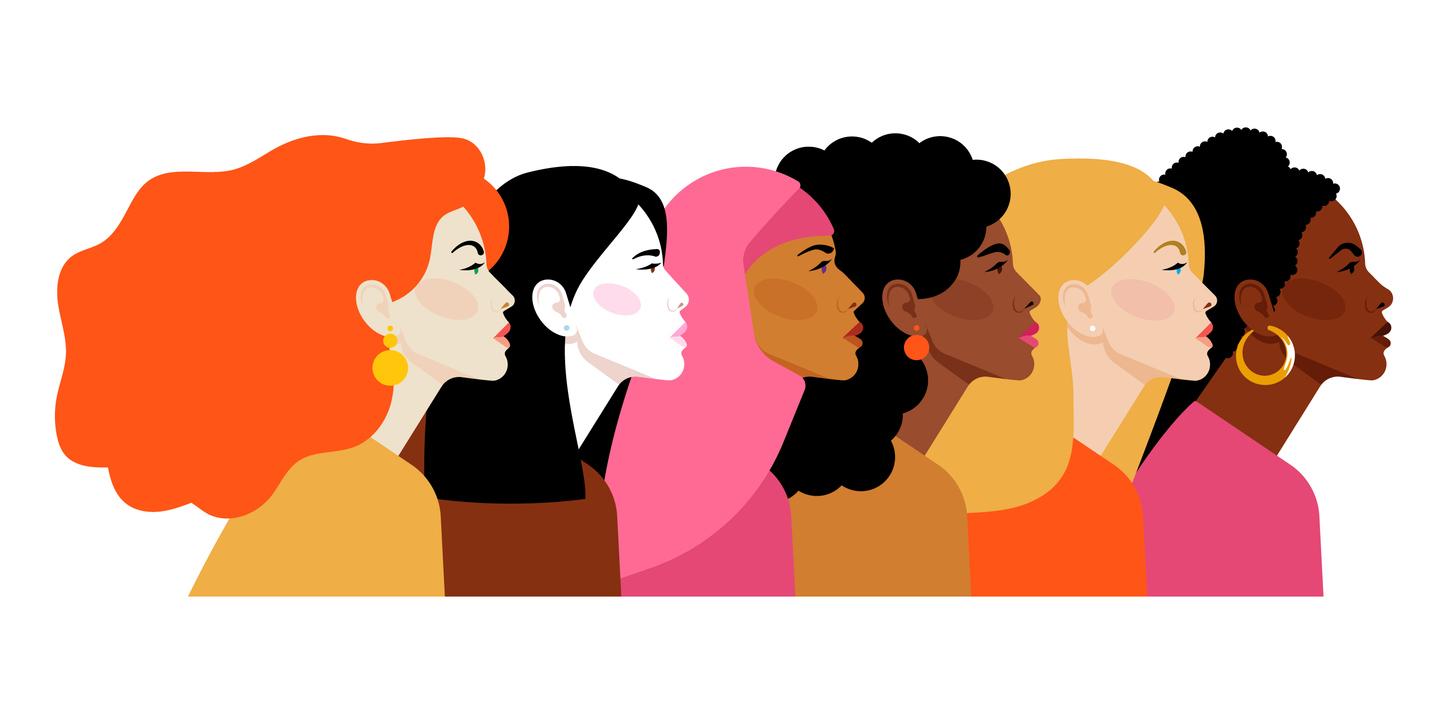On March 8, Osez le féminisme will launch a major awareness campaign against discrimination against women in their medical care. These have direct consequences on their health and well-being.

Minimal menstrual pain, undiagnosed heart attacks, recurring gynecological and obstetrical violence that is rarely taken seriously… For the association Dare feminismthis different management of women’s pain and health has a name: medical sexism, which sometimes even turns into abuse.
On the occasion of International Women’s Rights Day on March 8, the feminist association has decided to raise public awareness of this issue. Thursday, February 28, she presented her new campaign entitled “To our health! For a feminist health of girls and women”. Its objective: to fight against the discrimination or violence regularly encountered by women who walk through the door of a doctor’s surgery or a hospital. “The objective is that we are no longer in danger when we need care, that we are respected in our dignity”, affirms Cécile Werey, the coordinator of the campaign quoted by the Huffington Post.
Infantilization, humiliation, violence
A survey carried out by Osez le féminisme between May and July 2018 among 2,286 women aged 18 to 80 attests that this sexist discrimination is far from being an isolated phenomenon. 88% of respondents say they have been embarrassed at least once by the behavior of a healthcare professional.
66% also say they have already had the feeling of not being believed when they share their pain and 70% of having been made guilty, at least once, by a health professional.
Added to these mistreatments and humiliations are violence: a quarter of the respondents explained that they had been subjected to gestures or words with a sexual connotation at least once during a medical consultation. More than one in ten patients say they have undergone sexual penetration against their will during a medical consultation.
Dare feminism also collected testimonies from women who were abused or whose pain was not taken seriously. “If a man had come to the doctor with a tenth of the pain I feel during my period, I’m sure he would have been hospitalized immediately. But since ‘girls are sissy’ and suffering like martyrdom for her period ‘it’s normal’, I was sent home with a doliprane dozens of times”, says a young woman. “Every time I ask questions to my general practitioner, he answers me in an infantilizing way, as if I were a hypochondriac, as if it were far-fetched to want to understand diseases, treatments”, annoys another.
Consequences for medical research
For Dare to feminize, this sexism is not only detrimental to the physical and psychological health of the women who experience it, but it also has very clear consequences for medical research.
Thus, few studies have looked at the adverse effects of menopause or at the diagnosis, management and access to care for women suffering from endometriosis. Women are also rarely included in patient cohorts to test future drugs. “Result: these are first designed for men, without consideration of the more serious side effects that women could suffer”, explains to Humanity Spokesperson for Dare Feminism Raphaëlle Rémy-Leleu.
The association therefore pleads for better medical care for women, which must necessarily go through better training for health professionals, in particular in the detection and prevention of sexist and sexual violence.
.















